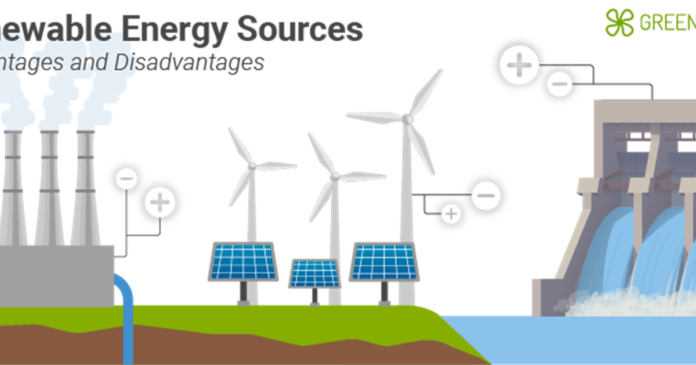Abuja spends $550m foreign loan on rural electrification
By Jeph Ajobaju, Chief Copy Editor
Abuja is spending $550 million loan obtained from the World Bank and the African Development Bank (AfDB) on renewable electricity projects in rural communities North and South.
Being covered are unserved and underserved rural dwellers under the Nigeria Electrification Projects (NEP) implemented by the Rural Electrification Agency (REA).
About 267 agreements totaling $395 million have been signed for renewable electricity deployment, REA said in Abuja, disclosing $350 million of the loan came from the World Bank and $200 million from the AfDB.
REA Managing Directo Ahmad Salihijo Ahmad said $64.8 million has disbursed to private sector partners for the execution of the project.
The scheme aims to provide off-grid clean energy to 705,000 households, 90,000 micro, small and medium enterprises (MSMEs), 100 isolation and treatment centres, and 400 primary healthcare centres.
“Now government money is used as an enabler to attract private investment,” Ahmad explained.
“For instance, for the rural electrification fund, you have a capital subsidy where if a project costs N100 million, that subsidy will come in at may be 50-60 per cent and the private developer will come up with the rest of the money, deliver the service to the community and go into an agreement with the community for the rest of the money.”
_______________________________________________________________
Related articles:
DisCos collect N210b from consumers, 69% of bill
Reps aghast $33m paid monthly for power not supplied
Nigeria’s neighbours owe it N5.8b in power bill
________________________________________________________________
Meeting targets
“What we are used to doing is, every year, we wait and get government’s money from the budget, go to the site and then implement the projects,” Ahmad added, per The Guardian.
“However, if you are to do this for the next 100 years, you will not be able to meet those targets. Hence, it became important for the agency to ensure that its mandate does end at implementation.”
He said with the Rural Electrification Fund, a private sector driven initiative, the REA became a hub and enabler to ensure funding comes from different areas to enable it deliver on its mandate.
The Nigeria Electrification Project (NEP) has five components, according to NEP Head of the Project Management Unit Anita Otubu.
She listed them as solar hybrid mini-grid ($213 million), standalone solar home systems ($75 million), energising education programme ($250 million), energy efficient equipment and productive use of appliances ($20 million), and technical assistance ($37 million).
Otubu said 67 mini-grids have been completed with 995,396 solar home systems deployed and 1,151 jobs created.













